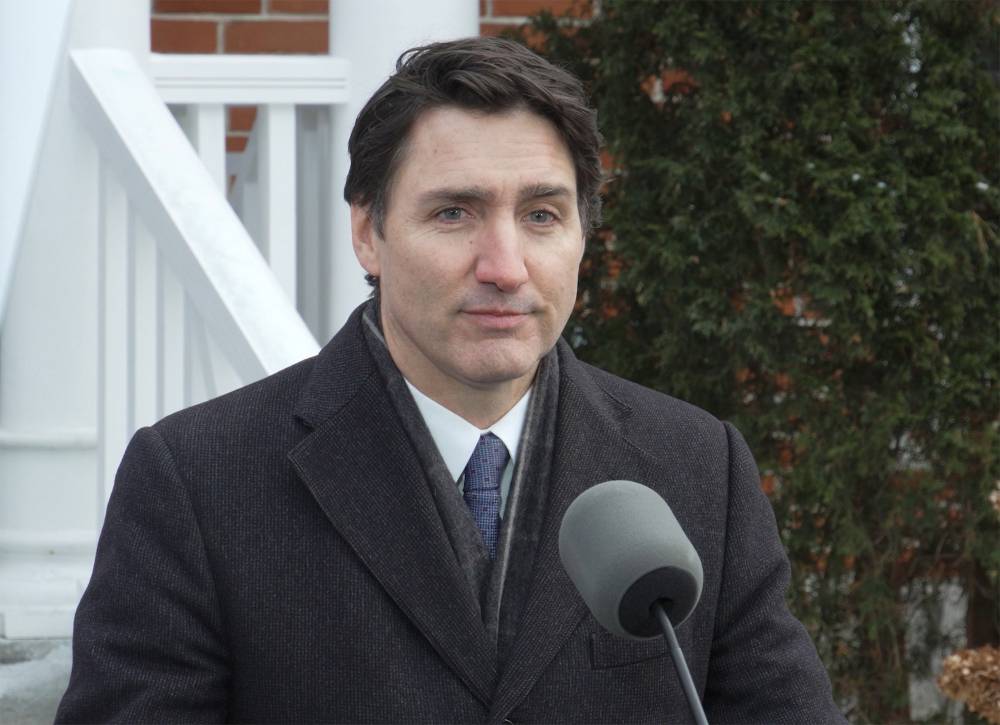SHAH ALAM - After nine years as the Canadian Prime Minister and 11 years leading the Liberal Party, Justin Trudeau has announced his resignation, marking a significant shift in Canadian politics.
His departure from the party left pressing questions about the future of the party, the upcoming general election and the country's political direction amid rising challenges.
Why is Trudeau resigning?
On Monday, Trudeau announced his intention to resign as Prime Minister and leader of the Liberal Party, stating that he would remain in office until a new party leader is chosen.
He acknowledged the challenges during his tenure, from economic pressures to environmental issues.
Reflecting on his leadership, he admitted: "If I have one regret, it is failing to reform Canada’s election process."
His departure followed declining approval ratings, criticism over his policies and internal party tensions.
What happens next for the Liberal Party?
Trudeau’s resignation triggered a leadership race within the Liberal Party, with a decision expected before Parliament resumes on March 24.
The party's president Sachit Mehra confirmed plans for a leadership convention, stating that the party will convene a meeting of its national board this week to begin the process.
Potential successors included prominent figures like former finance minister Chrystia Freeland, transport minister Anita Anand and economist Mark Carney.
Freeland, who resigned from her position last year, criticised Trudeau’s governance, saying, "We found ourselves at odds about the best path forward for Canada."
The path to the next election
Canada’s next federal election should be held by October, but political developments could expedite the timeline.
Trudeau’s government has relied on support from the New Democratic Party (NDP) to maintain a minority in Parliament.
However, NDP leader Jagmeet Singh stated, "They do not deserve another chance," vowing to withdraw support regardless of the new Liberal leader.
The first vote after Parliament resumes will be a confidence motion. Should the government lose, it could lead to a swift dissolution of Parliament and trigger an early election.
The rise of Pierre Poilievre
As the leader of the opposition Conservative Party, Pierre Poilievre has emerged as a formidable contender.
Poilievre’s rhetoric appeals to disenchanted voters, emphasising anti-elite and pro-freedom stances.
He recently declared that Canadians can take back control of their lives and their country, outlining plans to axe taxes, secure borders and restore freedom.
Current polls suggested Poilievre’s party was poised for a decisive victory, holding a significant lead over the Liberals.
Trudeau criticised his opponent’s vision, saying that Poilievre was not offering what Canadians needed at this moment. "We need an ambitious, optimistic view of the future," he said.
International reactions and challenges
The political shift in Canada coincided with external challenges, including United States (US) President-elect Donald Trump’s proposed tariffs on Canadian goods.
Trump has also revived the proposal on the US-Canada relations, suggesting on his Truth Social social media platform that Canada could merge with the US.
"Trudeau knew this and resigned," Trump said, claiming such a merger would solve economic and security issues.
New era for Canada
Trudeau’s departure signified the end of an era that began with his 2015 promise of "sunny ways."
Despite significant achievements, his leadership faced growing discontent, exemplified by a viral confrontation with a worker who lamented, "You’re not really doing anything for us, Justin."
As Canada prepares for a new chapter, Trudeau left behind a complex legacy.
His successor faced the dual challenge of uniting the Liberal Party and navigating an increasingly polarised political landscape.


